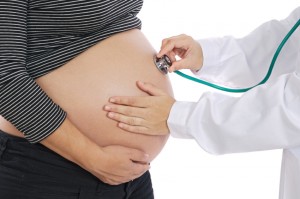Post Partum Haemorrhage (PPH)
What is postpartum haemorrhage (PPH)?
- Primary PPH: Bleeding within the 24 hours after delivery.
- Secondary PPH: Bleeding that occurs more than 24 hours and up to 6 weeks after post delivery.
What causes post partum haemorrhage?
- Uterine atony (your uterus is not well contracted or lax)
- Deep tears in your vagina or perineum.
- Retained placenta (afterbirth) inside your womb.
- Clotting disorders which could be due to an inherited clotting disorder or medical condition such as pre-eclampsia or placental abruption.
- Other rare causes include rupture or inversion of the uterus.
- Massage your uterus to make it contract.
- Set up an IV line to give you some fluid and take some blood for investigation.
- Give you a medication called oxytocin will be given to help your uterus contract through your IV line.
- Catheterise your bladder as a full bladder will prevent your uterus from contracting well.
- Your doctor will insert his hands inside your vagina and another hand on your belly to compress your uterus in between his hands. (bimanual compression)
- If your placenta is retained inside your womb. After you have been given some sedation, your doctor will insert his hands inside your womb to remove the placenta vaginally.(manual removal of placenta)
- If despite steps taken above you are still bleeding profusely, your doctor may need to take you to the operating theatre to repair any deep tears in your vagina or remove any placenta tissue i.e a DD&C procedure.
- Rarely, if the bleeding does not stop you will need to have open abdominal surgery and your uterus removed (hysterectomy)








